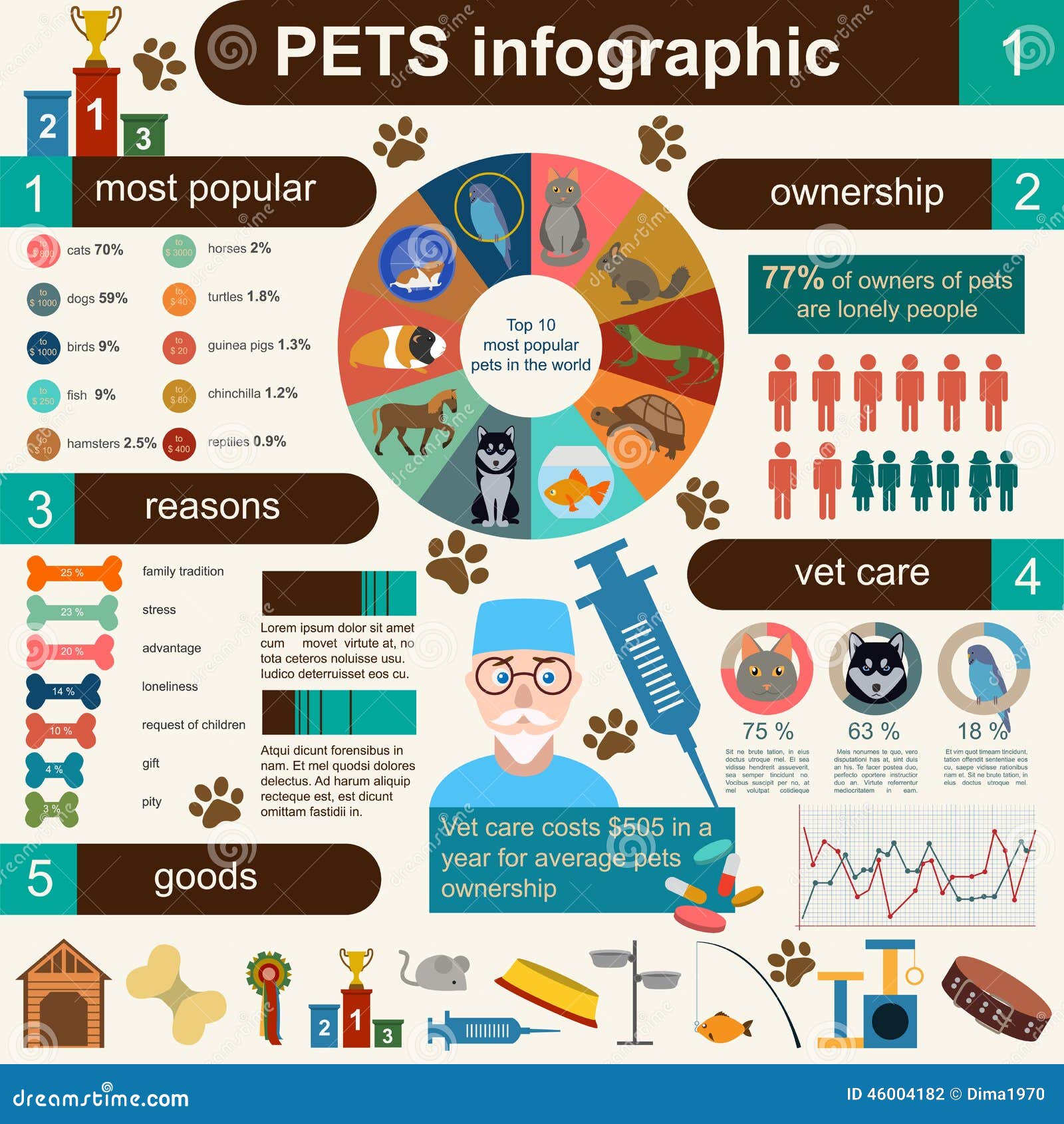What You Need To Know About Dog Daycare For Special Needs Dogs
What You Need To Know About Dog Daycare For Special Needs Dogs
Blog Article
What Vaccinations Are Needed For Dog Day Care?
Whether your pet dogs hang around at childcare or boarding centers, they require to be current on every one of their needed vaccinations. Core vaccinations consist of Bordetella, rabies and DA2PP, which defend against usual illness that canines are exposed to when in close contact with others.
Non-core vaccinations include canine flu and leptospirosis shots. These are recommended for dogs that join other pets often.
Core Vaccinations
As a critical part of preventative care, dog injections aid keep dogs safe from transmittable illness transmitted via direct contact or contaminated surface areas. Vaccines boost the body immune system to create antibodies that battle disease, and a lot of vets consider core pet dog vaccinations to be necessary for all animals.
Rabies
The majority of respectable canine childcare facilities need that your pet depend on date on their rabies inoculation. Vaccinations are provided to pups as early as 12-16 weeks old, and boosters are required every three years approximately up until adulthood. Rabies is a deadly viral disease that spreads out through saliva, normally from attacks. Most states need rabies inoculations for all dogs and felines, and some also mandate rabies boosters for pet owners.
Distemper/Parvovirus/Adenovirus (DHPP).
This mix vaccination covers canine distemper, parvovirus, hepatitis, and adenovirus, all of which are very infectious. Many veterinary workplaces offer DHPP injections as one shot or in a collection of 2 to four shots, provided 2-4 weeks apart, adhered to by an annual booster. This vaccine is a need for many boarding and dog day care facilities, along with many groomers.
Bordetella/Canine Parainfluenza Injection.
Bordetella bronchiseptica, commonly referred to as kennel coughing, is a very infectious respiratory system infection triggered by the microorganisms that creates the disease. Symptoms consist of persistent coughing, sneezing, nasal discharge, and fever. A lot of kennel coughing outbreaks happen in jampacked atmospheres, such as childcare or boarding facilities, and are particularly usual in warmer weather. This injection is a need for the majority of day care and boarding centers, and is commonly provided in a combination with the DHPP injection.
Leptospirosis Vaccination.
This is a bacterial disease that spreads out with infected water, soil, and urine. Infection can trigger kidney and liver damage, in addition to death, and is transmissible to humans. Many veterinarians will certainly advise this vaccine, based on geographic place and way of life of the pet, for board and train dog training near me pets that hang around outdoors or at boarding centers, along with some groomers. This vaccine is typically provided as a collection of 2 to 4 shots, spaced 2-4 weeks apart, with a yearly booster needed for many animals.
Lyme Illness Vaccination.
One of the most common tick-borne illness in the USA, Lyme illness is transferred by the deer tick and can cause high temperature, joint discomfort, muscular tissue pain, and anorexia nervosa. The Lyme condition vaccination shields versus one of the most widespread pressures of the infection, consisting of the H3N8 and H3N2 pressures. A lot of veterinary facilities suggest this vaccine, particularly in risky locations, such as the Northeast, upper Midwest, Mid-Atlantic, and along the Pacific coastline.
Noncore Vaccines.
Various other pet vaccinations, while not required for all pets, are recommended based upon the pet's way of living and geographical place. These include the following:.